News
Advertisement
The rapidly evolving landscape of MIBC care requires healthcare professionals to quickly adapt to patient needs.
Learn about the mediating effect of dyadic coping on the relationship between family functioning and meaning in life.
The study enrolled adults with cancer who applied for financial assistance and participated in longitudinal survey studies.
Nurse-led health coaching showed significant benefits for clinical and psychosocial outcomes in patients with cancer.
Ovarian cancer can pose a significant psychological impact on young and middle-aged patients who may be prone to rumination.
Theresa Brown, RN, weighs in on the implications of the budget bill and what it will mean for the nation's healthcare system.
Oncology nurses are uniquely positioned to prepare and support climate-informed care for patients with GVHD.
Ken Culver, MD, director of research and clinical affairs at ALK Positive, discusses the organization's goals and resources.
Learn about a new system to educate oncology nurses on the latest guidelines for managing infusion-related reactions.
The study evaluated cannabis use and adherence to recommended breast, prostate, cervical, and colorectal cancer screenings.
Darcy Burbage, DNP, RN, AOCN,
Joyce Neumann, PhD, APRN, AOCN, HEC-C, FAAN, shares insights from her career as a clinical ethicist.
Brenda S. Nettles, DNP, MS, ACNP-BC, AOCNP, CNE, discusses how to help maximize quality of life in survivorship.
Alexis Larson, APRN, NP-C, OCN, shares what a survey showed about unmet needs and how solutions are being implemented.
Theresa Brown, RN, explains that there's a renewed sense of urgency when it comes to defining nursing.
New research shows why it's critical to consider integrating a survivorship oncology nurse navigator within cancer clinics.
Nurses should be aware of this issue and work with environmental services and nursing leadership to ensure proper cleaning.
Hear advice and tips on submitting your CARE Award nomination from last year's winner and the nurse who nominated her.
Shahnaz Gillani, MSN, RN, CMSRN, shares why it's critical to empower and celebrate oncology nurses.
Kaler, who is a survivor of childhood cancer, shared how this experience inspired her career path.
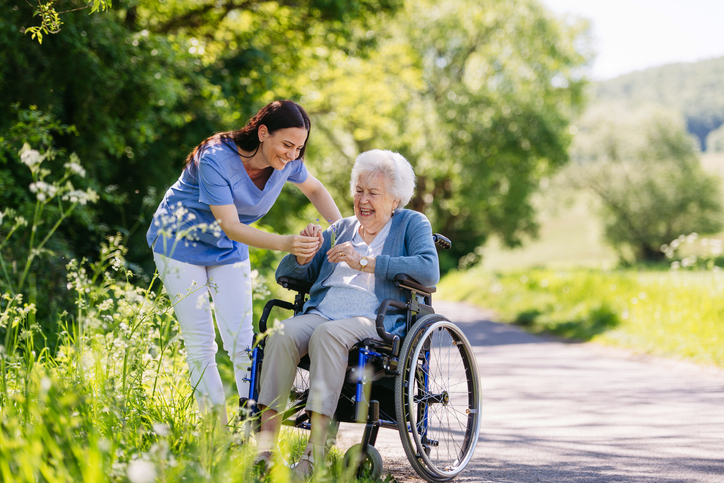


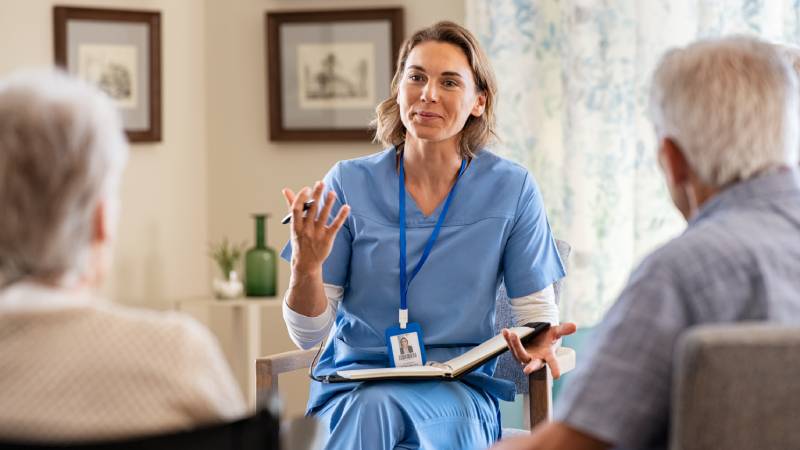
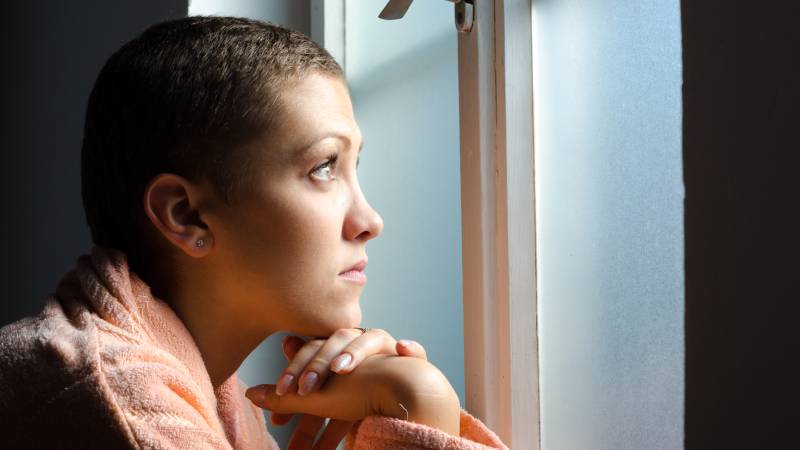


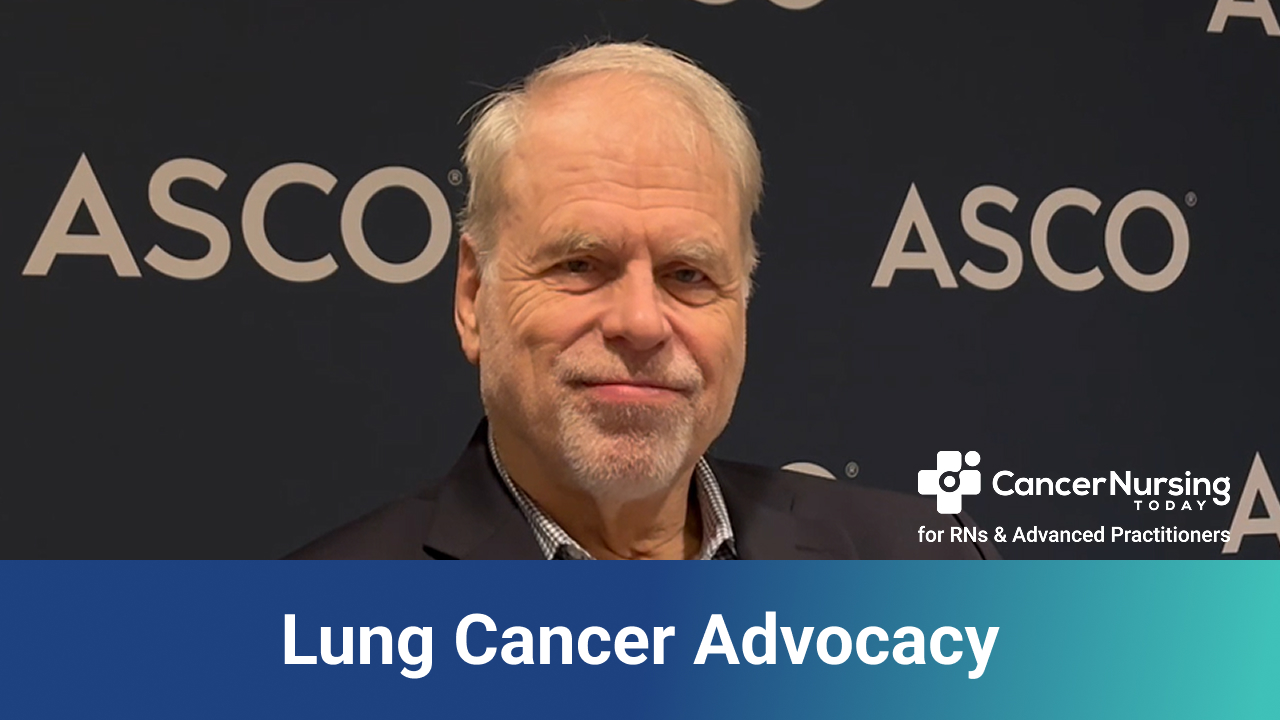
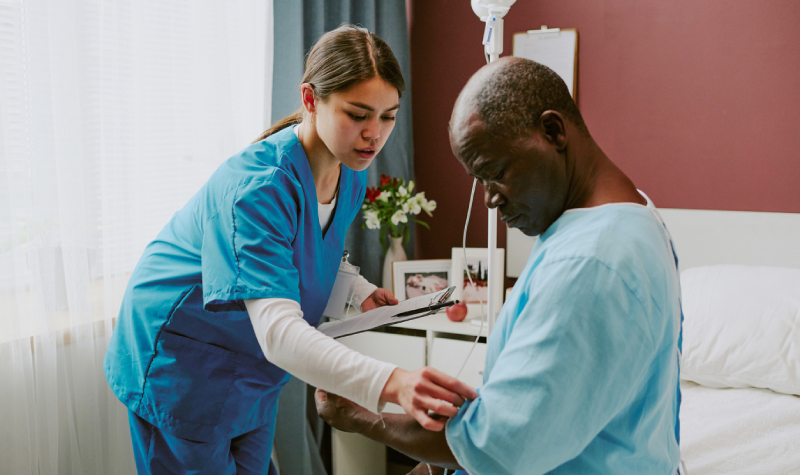
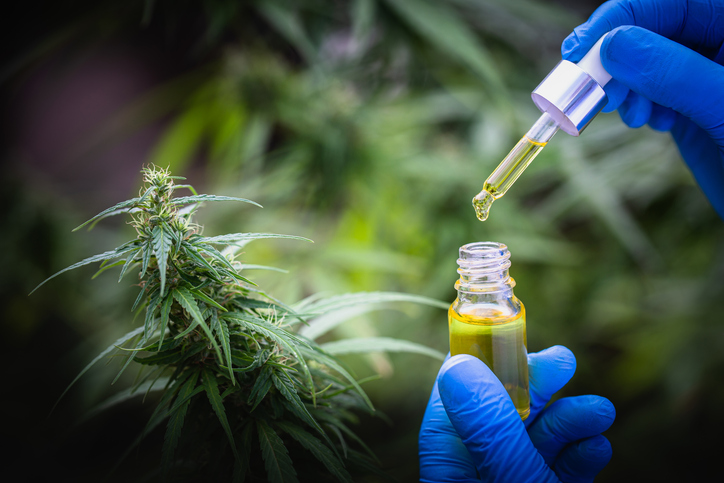

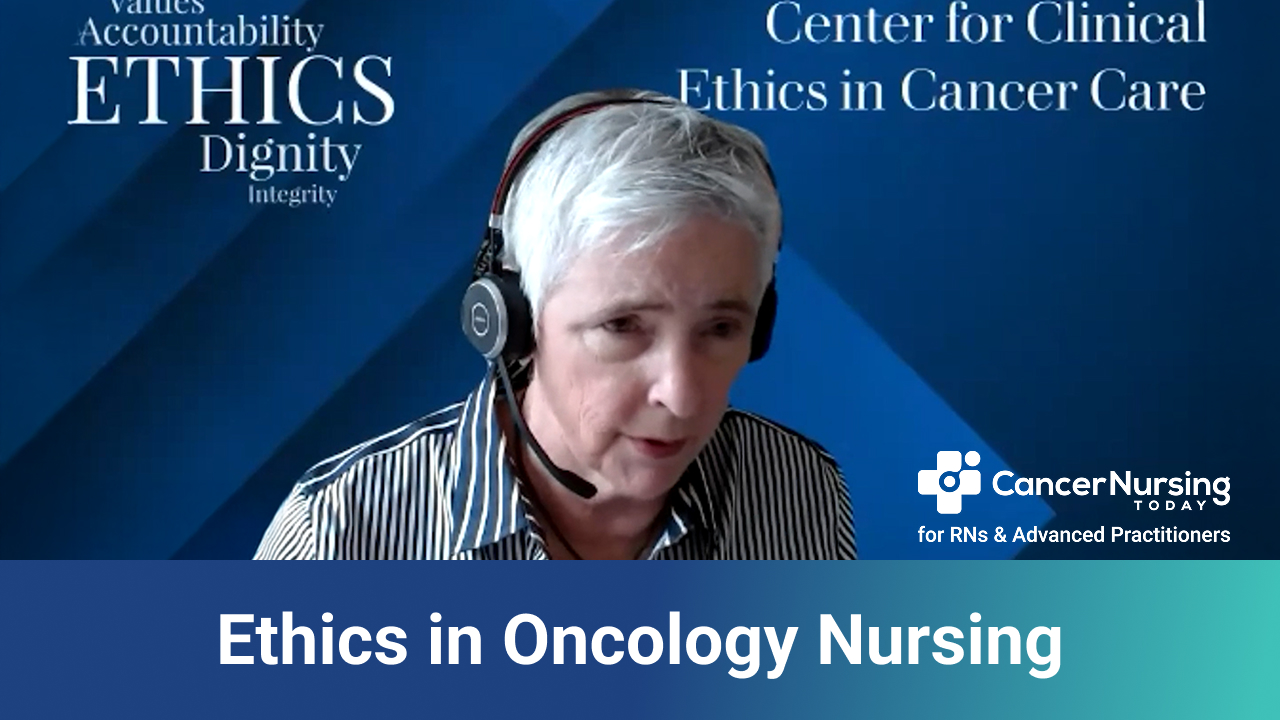
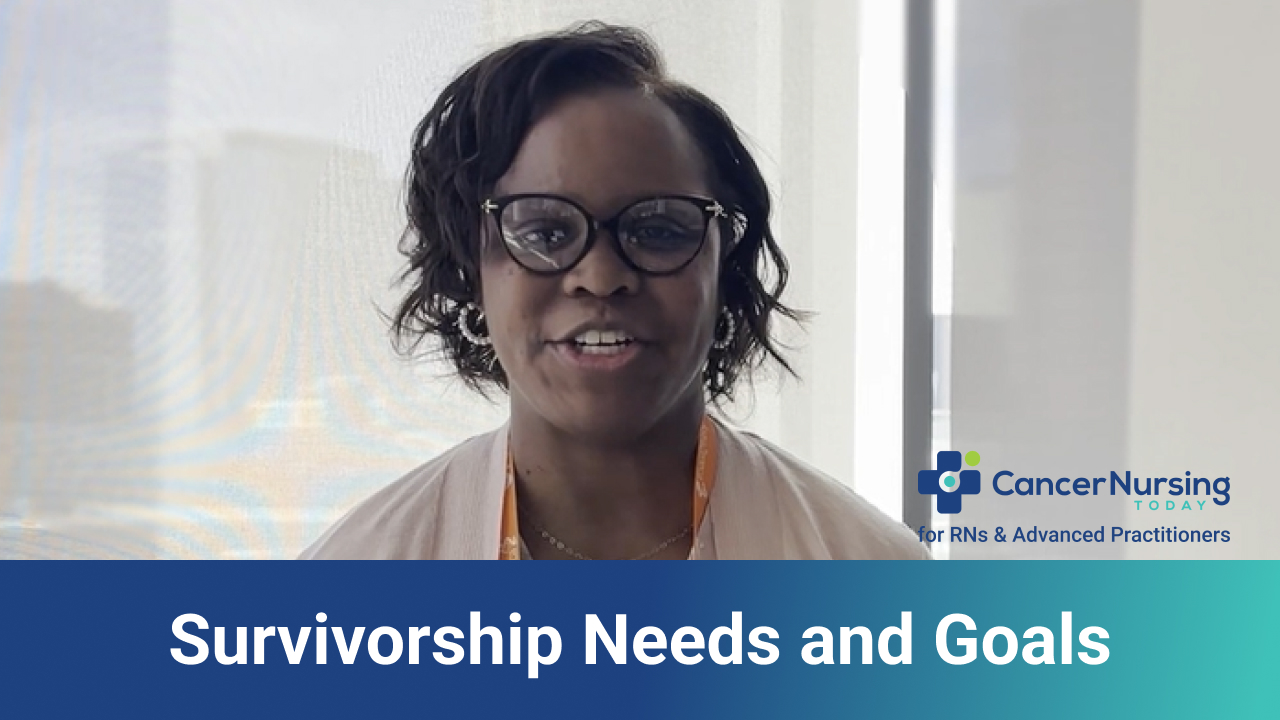
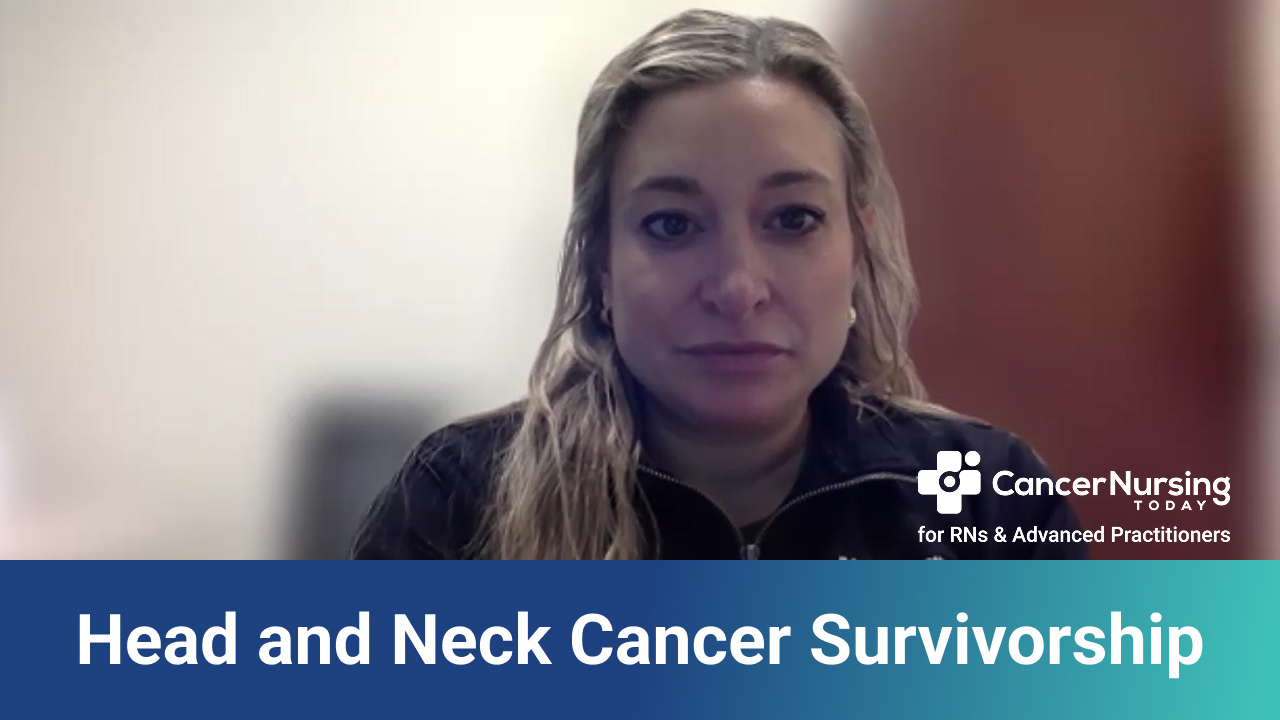
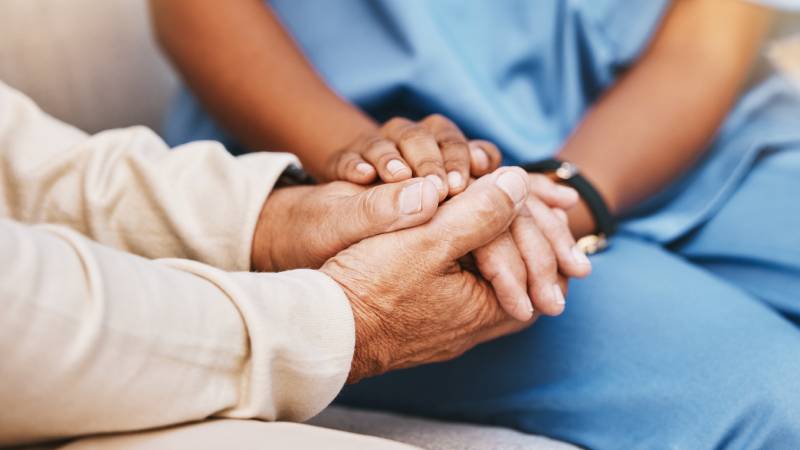
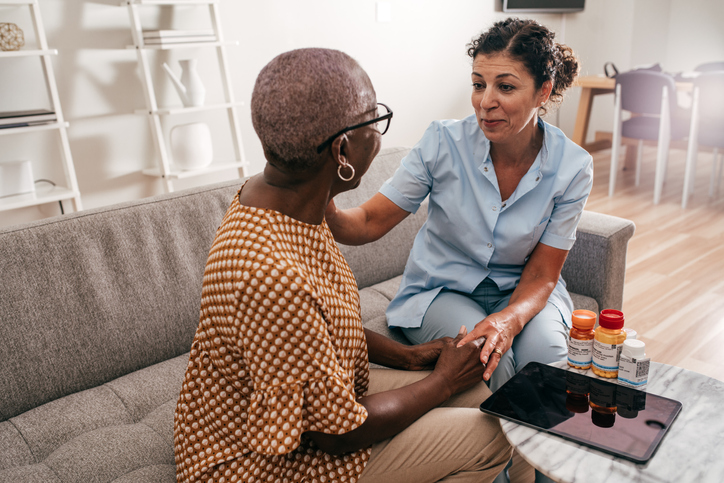

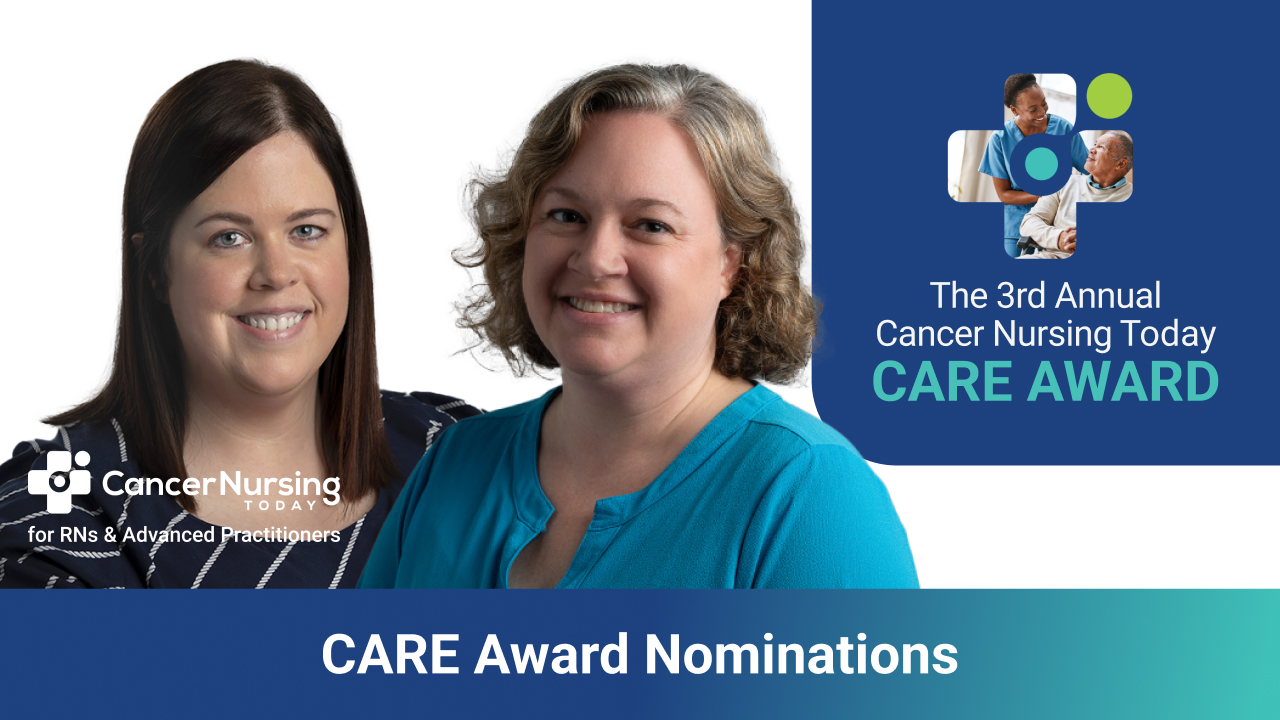
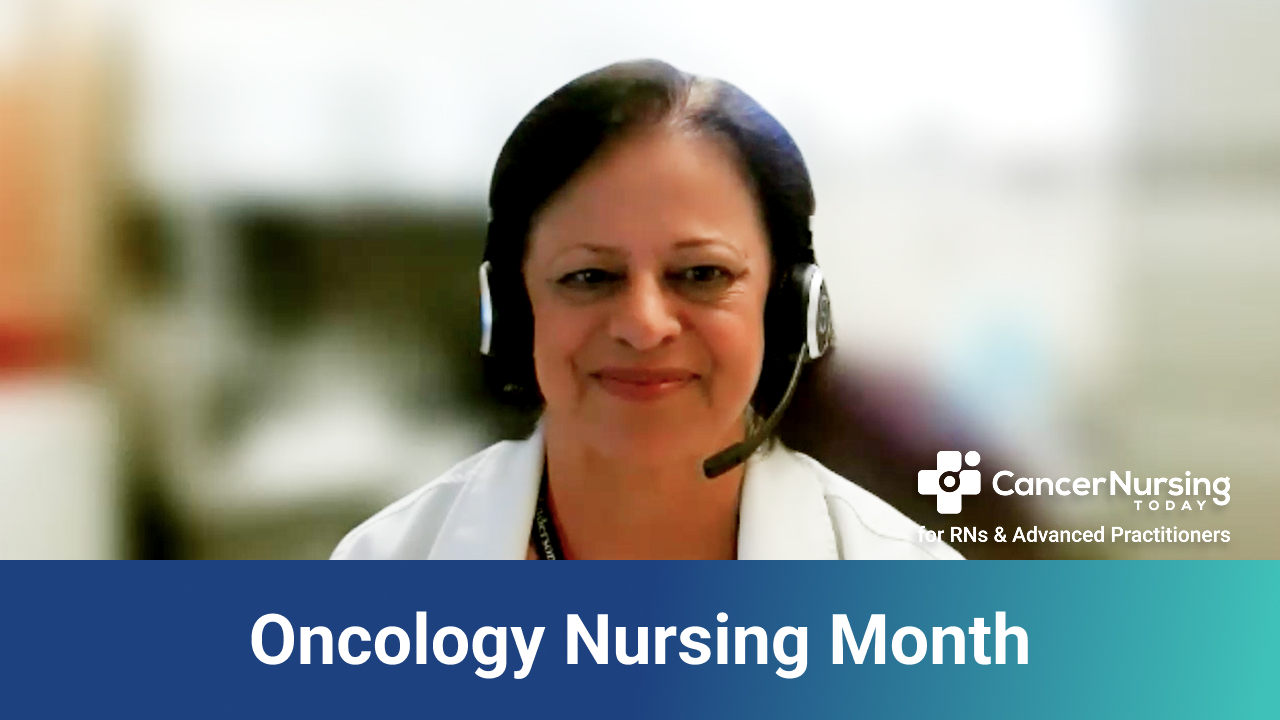
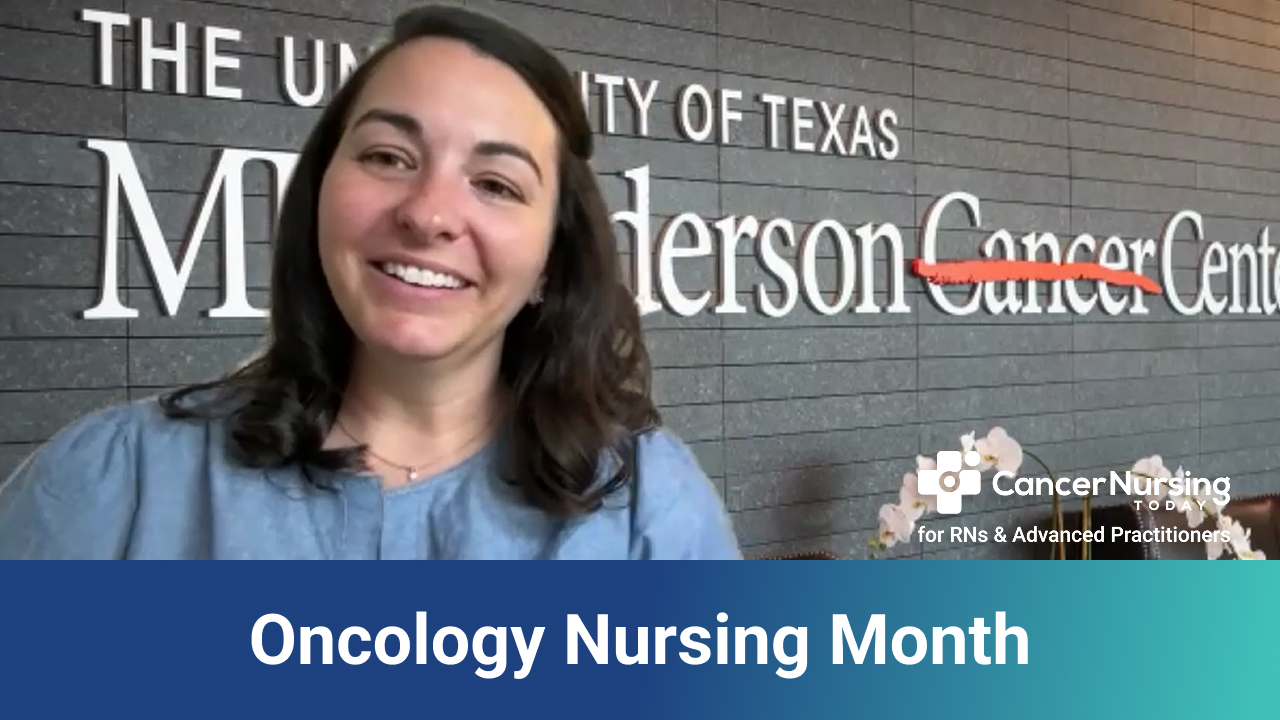

 © 2025 Mashup Media, LLC, a Formedics Property. All Rights Reserved.
© 2025 Mashup Media, LLC, a Formedics Property. All Rights Reserved.